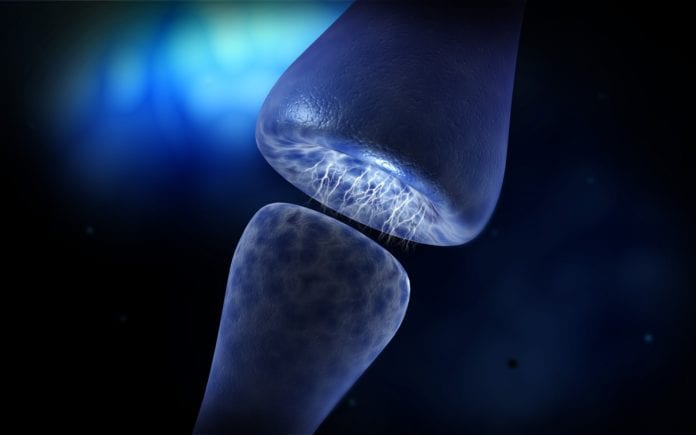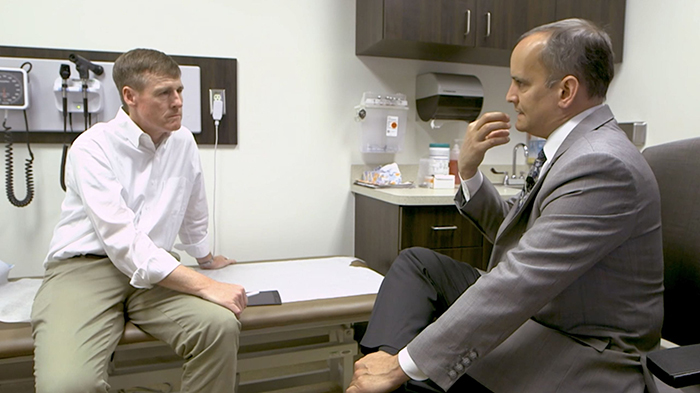Most people think of high school graduation as an exciting new beginning. But to parents of children with autism spectrum disorder (ASD), it can also be a time of confusion, stress and flat-out fear. Those mixed emotions are understandable – and are relatable for the parents of teenagers who are living with autism. According to Autism Speaks, more than 70,000 individuals living with autism are expected to enter adulthood and age out of school-based services each year.
Families may be concerned about losing the support their child received in school, but through federal laws like the Individuals with Disabilities Education Act (IDEA), there are still community resources available for teenagers navigating their growing desire for independence.
Here, we share some advice and recommendations to help support your child and family during this time of transition and change.





